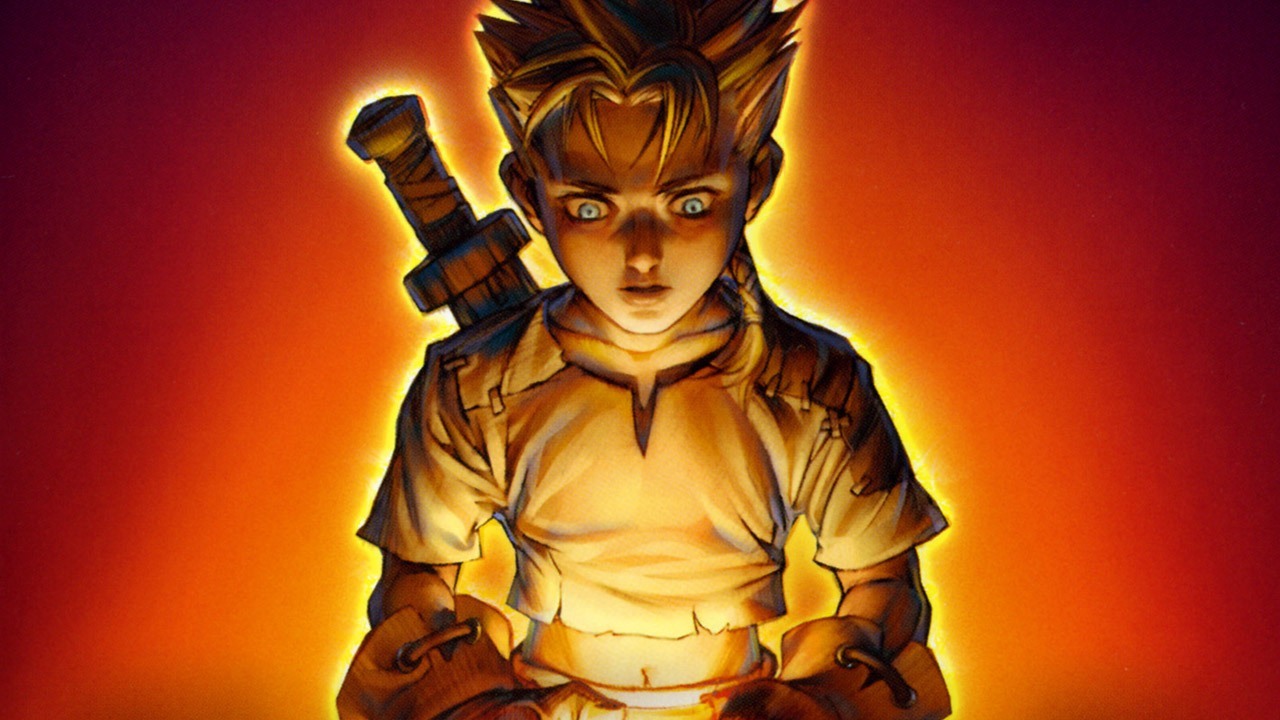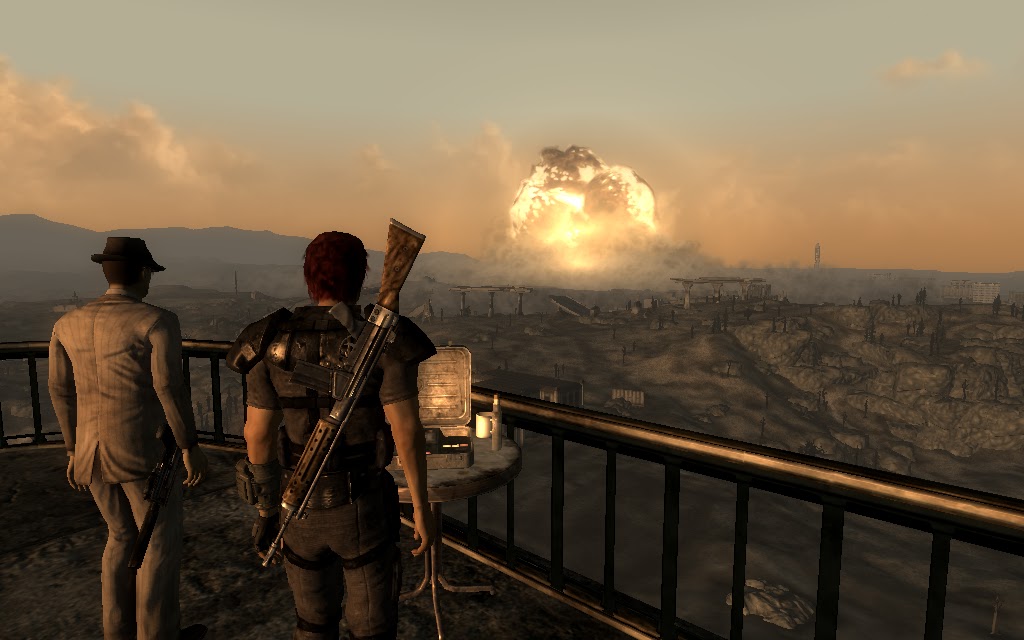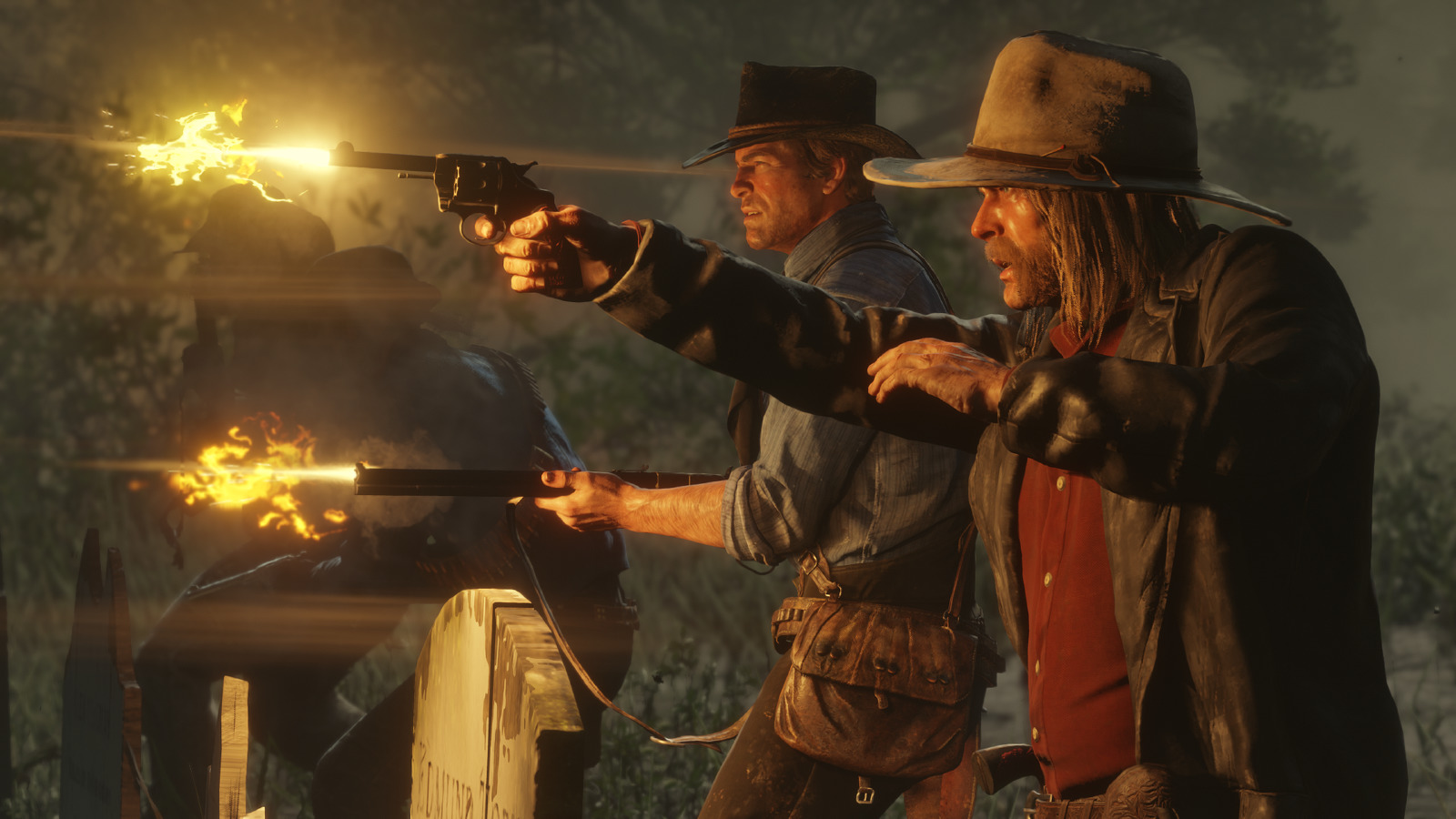The surprisingly high price of free will in videogames
These violent delights have violent ends

This action will have consequences. That’s what the little butterfly tells me as I make my way through my annual(ish) replay of Life Is Strange. “Will it really though?” I find myself thinking. While I might save Kate Marsh this time around, or manage to keep Victoria out of Mark Jefferson’s clutches, it always boils down to a single choice in the end: Bay or Bae?
Videogames have gotten very good at presenting us with the illusion of free will but, in most cases, the choices we’re presented with don’t really matter. Choosing whether to accrue Good or Evil karma in inFAMOUS Second Son, for example, makes staggeringly little difference to the game’s story. Likewise, the only result of spending the whole of Fable III agonizing over whether to wreak havoc or behave yourself is whether the cosmetic wings you earn are red or white.
The ultimate illusion

It shouldn’t be surprising that videogames usually feel like linear experiences, because they are linear experiences. Responses and actions have all been programmed in certain ways, which is why we’re more likely to be driven by which path grants us, say, the best weapon perks than a genuine empathic response. Take Mafia III, for example, in which you’re prompted to divvy up controlled territory between three allies – their words of gratitude or anger mean very little compared to that sweet new silenced sniper rifle you’ve just unlocked.
There are, of course, of couple of notable exceptions to the rule. Fallout 3’s The Power of the Atom mission, which allows players to choose between saving the residents of a small town from an atomic bomb or blowing it to smithereens for a financial reward, springs to mind. How you behave in the mission has a genuine impact on how the rest of the game plays out, as do your actions before the three diverse endings of GTA V. But such missions aren’t nearly common enough.
The issue here isn’t, as some would argue, suspension of disbelief. Games like The Last of Us have already proven that video games can impact us emotionally – the bond between Joel and Ellie is hugely powerful, more so than similar relationships in most blockbuster movies, to the extent that it can elicit a tear or two from even the most hardened and cynical gamers.
And then there’s how we behave towards animals in games – I’ve never so much as thought about pointing a gun at my faithful canine companions Dogmeat and Boomer, in Fallout 4 and Far Cry 5 respectively, because it just feels... wrong.
The really frustrating thing is that some games present us with the illusion of free will only to yank it away when we try to deviate from the intended path. I’m sure I’m not the only gamer to think long and hard about letting the Marshall stay in the Bliss, a drug-addled state brought about by one of the game’s antagonists, after his impassioned speech about how it’s the first time he’s ever felt truly happy.
Sign up for breaking news, reviews, opinion, top tech deals, and more.
Unfortunately, the game makes it apparent that you’re playing the game ‘wrong’ by refusing to save him, and forces you to replay the mission. Ironically enough, this comes right after the Marshall finishes telling you how humans “think they have free will, but that’s just a lie – an illusion”.
Future of freedom

There are games on the way that appear to offer more ‘free will decisions’. Fallout 76, for example, appears to involve working with other players to keep nuclear launch codes out of the hands of nihilistic players who want to destroy new settlements… or perhaps butchering everyone at the last second to secure the codes for yourself.
Early playthroughs of Red Dead Redemption 2 suggest a huge amount of player agency. One wonders whether we’ll see players presented with the options of becoming the most feared outlaw in the west or… well, redemption. In a virtual world where family members of your victims hunt you down and in-game corpses slowly decay until they’re picked apart by vultures, it seems there will be plenty of reminders of decisions players would rather forget. But is it all just another very convincing illusion that will eventually ring hollow?
There’s no doubt that game developers are being more ambitious when it comes to offering free will – the creators of Detroit: Become Human have said that their game can end in more than 1,000 different outcomes. At the end of the day though, these paths are still linear. The idea of populating games with AI-driven characters, who perhaps learn different responses based on each playthrough, is enticing but also one that’s troubling.
There’s already precedent for humans ‘corrupting’ AI, such as when Microsoft’s Tay chatbot started echoing racist and misogynistic sentiments within 24 hours of coming online and interacting with Twitter users. A major concern with any type of deeper user-driven gameplay is that players will act in an extreme way ‘just to see what happens’.
Man v machine

Letting humans run amok in games populated by other humans doesn’t even seem to diminish such risks. They range from casual racism, such as the frequent appearance of Ugandan Knuckles in VRChat, to the genuinely disturbing, like cases of players in DayZ forcing newly spawned players to remove their outfits to commit ‘virtual rape’.
It’s easy to make the argument that gamers who take part in vile trolling experiments like DayZ’s virtual harassment shouldn’t be allowed to run wild among characters driven by artificial intelligence or human beings, but that opens up a whole new can of worms about censorship, and what constitutes acceptable behavior in games.
One of the main characters of Westworld, a show about a theme park that exists (ostensibly) solely for guests to kill and/or have sex with robotic AI hosts, says the following of the park: “I used to think this place was all about pandering to your baser instincts. Now I understand. It doesn’t cater to your lowest self, it reveals your deepest self. It shows you who you really are.”
If that’s true of human interaction with digital/AI counterparts (and if we’re able to overlook the fact that the author of that quote ends up becoming a psychotic killer) then it means we’re really just scratching the surface of what videogames can teach us about ourselves.
Dolores, and other characters in Westworld, often assert that “these violent delights have violent ends”. Maybe they’re right – we might have had Mario jump off Yoshi’s back and abandon him to an untimely doom, or quick-saved before butchering an entire village in Skyrim one too many times to change, but we may yet come to view games more as a form of self-expression than just another form of escapism.
Either way, it’s only a matter of time before a game developer is brave enough to give us the choice, and present us with ‘true’ free will.